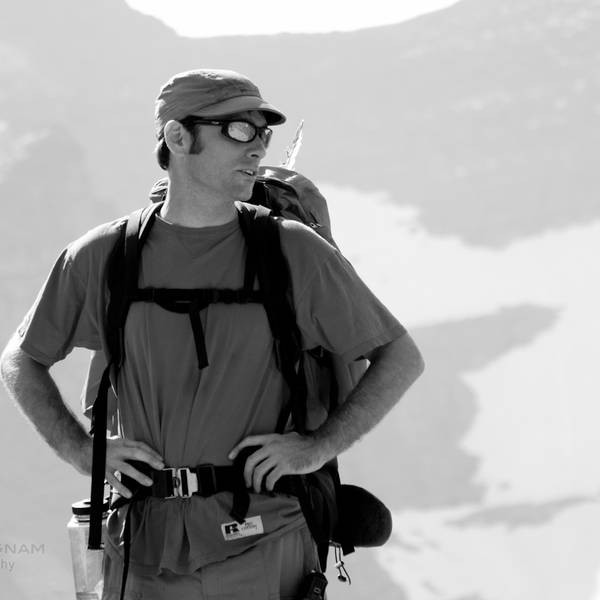When the folks at Zinc Air were looking to locate their high-tech manufacturing firm, they could have gone head-to-head with other energy innovators down in Phoenix, or in San Francisco, or even in far-flung Zhongguancun (also known as China’s Silicon Valley).
Instead, they’ve put down roots in the mountain wilds of the Crown of the Continent—because this spectacular borderland where Montana meets Canada is where these entrepreneurs, their employees, and their investors want to live. It’s a whole new way of thinking about our economy.
“In the winter, we take clients skiing,” said Kevin Waldher, the firm’s vice president of business development. “In the summer, it’s hiking in the park or boating. Last year, we had several investors take a tour of Glacier Park.”
The Crown’s rural lifestyle—often far from markets but close to amenities that deliver a high quality of life—is no longer a trade-off, Waldher said. Today, it’s clearly a leg up, a magnet for economic development.
Waldher is among the many entrepreneurs profiled in NPCA’s new report, “Pathways to Prosperity: the natural roots of economic success in the Crown of the Continent.” The report highlights manufacturers and retailers, tech firms and ranchers, economists and loggers, Canadians and Montanans. In researching the report, NPCA traveled the Crown for months, asking business owners why they choose to live and work there. And what they share, ultimately, is a fundamental connection to the Crown’s wild landscape, with Waterton-Glacier International Peace Park at its heart.
Pathways To Prosperity: The Natural Roots of Economic Success in the Crown of the Continent
The stories in this report point to the Crown’s spectacular wildlife, its scenic appeal, and its unmatched outdoor recreation as anchors to which our economic success is tethered.
See more ›The region’s economic development experts—those professionals whose job it is to attract jobs—note that “as we consult with business owners and investors looking to relocate, we hear that quality of life is as key to their decisions as are tax rates, labor costs, and broadband networks.”
To be sure, our traditional “bricks-and-mortar” infrastructure remains critical, and continued investment in schools, hospitals, airports, and roads will be essential to our economic success. But guess what? Everyone else, everywhere else, is marketing that same traditional infrastructure.
What makes the Crown truly unique in the highly competitive world of economic development is its “natural infrastructure”—Waterton-Glacier, Flathead Lake, the ski slopes of Fernie, British Columbia. These amenities are in high demand and limited supply, and set the area apart in today’s economy.
These are “footloose” times—new technologies and global economic shifts have enabled employers, employees, and entrepreneurs to choose where to set up shop. Increasingly, they are choosing the Crown of the Continent, with its small, friendly communities set in a spectacular natural environment alive with recreational opportunities—clean water, wildlife, and scenic beauty. Their vacations, then, are like job interviews, as they scout for towns in which to relocate their businesses.
Leaders of business and industry are choosing the Crown because its mountain landscape is truly world-class. Waterton-Glacier and Flathead Lake are the “Wall Street of wild lands”; like the banks of New York City or the ports of San Francisco, they are amenities that stand out to the world. And as global economies continue to decentralize, and more businesses seek both lifestyle and livelihood, the Crown’s jewels will only increase in value.
To maintain a competitive advantage in this emergent economy, economic development experts recommend maintaining, enhancing, and investing in our “natural infrastructure,” just as we do with our traditional infrastructure—ensuring that wild lands stay wild, rivers flow clean, and communities sustain their traditional roots, even as we move into a new economy. Because ultimately, such investments in our natural capital represent a critical down payment on our shared economic future.
Get the full report on our website (PDF, 5.7 MB).
If you liked this story, you might also like:
About the author
-
 Michael Jamison Crown of the Continent Campaign Director, Northern Rockies
Michael Jamison Crown of the Continent Campaign Director, Northern RockiesMichael joined NPCA’s Glacier Field Office in September 2010. As campaign director for NPCA’s Crown of the Continent initiative, Michael continues to expand his efforts to promote the narrative of the Crown and of the people who call it home.